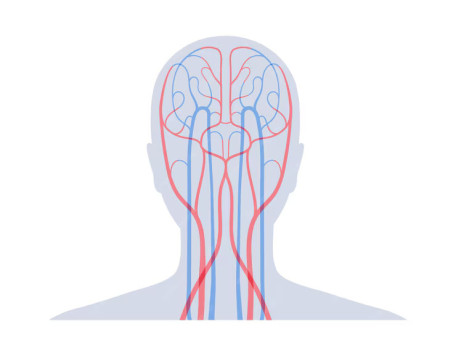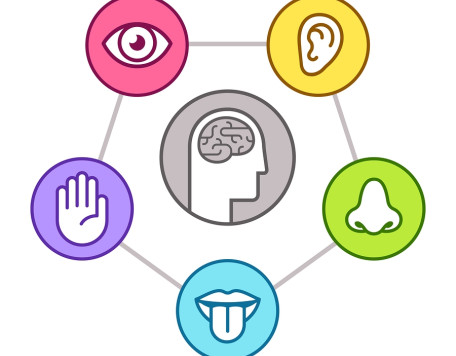© Pint of Science, 2024. All rights reserved.
Cancer impacts 1 in 2 of us in our lifetimes. Here in Manchester, there is groundbreaking cancer research taking place. Come and hear from 5 speakers, all at different stages of their research career, about some of the exciting and life changing research being carried out.
Targeting Cervical Cancer with a New Drug, Tolinapant, to Improve Patient Survival
Dr. Kamilla Bigos
(Postdoctoral Researcher)
Cancer is a major cause of death worldwide, claiming around 9.6 million lives each year.
Cervical cancer is the fourth most common cancer in women, 1 in 130 women in the UK will be diagnosed with the disease at some point in their lifetime. Lower screening rates, health inequality, and socio-economic inequality make the rate of cervical cancer in Greater Manchester 7% higher than the rest of the UK.
Our group at the Manchester Cancer Research Centre is investigating a novel cervical cancer treatment, tolinapant, both in the lab and as part of a clinical trial (CRAIN).
Cervical cancer is the fourth most common cancer in women, 1 in 130 women in the UK will be diagnosed with the disease at some point in their lifetime. Lower screening rates, health inequality, and socio-economic inequality make the rate of cervical cancer in Greater Manchester 7% higher than the rest of the UK.
Our group at the Manchester Cancer Research Centre is investigating a novel cervical cancer treatment, tolinapant, both in the lab and as part of a clinical trial (CRAIN).
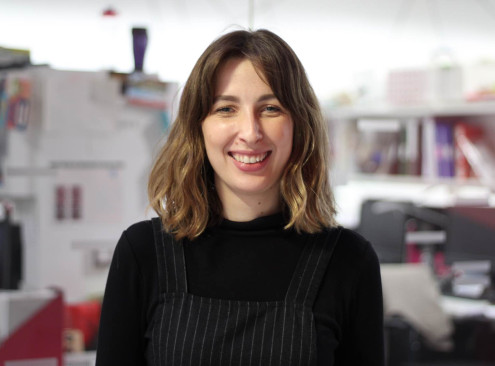
Things That Make Men Go Pee In The Night: Let’s Talk About Prostate Cancer
Dr. Samuel Merriel
(NIHR Academic Clinical Lecturer)
Prostate cancer is the most common type of cancer in the UK. Over 50,000 men are diagnosed with prostate cancer each year, and the disease disproportionately affects Black men and men from deprived communities. Many barriers exist preventing men coming forward to talk to their GP about prostate cancer and symptoms relating to the prostate. Testing for prostate cancer has evolved in recent years, incorporating magnetic resonance imaging (MRI) and genetic tests. This workshop, presented by a man with lived experience of prostate cancer and a practicing NHS GP, will explore the latest evidence in the detection of prostate cancer and address some of the taboos that persist for men.
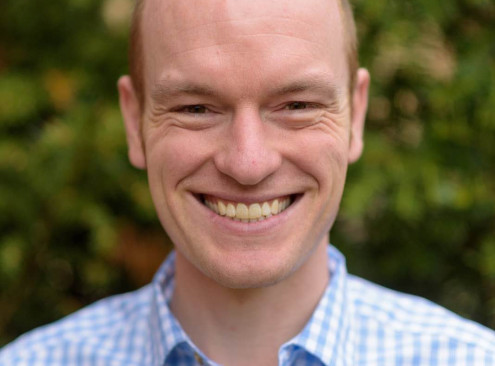
Developing a New Model to Study Breast Cancer Metastasis to Bone
Sara Cabral
(PhD Student)
Breast cancer is the most common cancer in the UK with over 50,000 cases being diagnosed each year. 20% diagnosed will develop advanced breast cancer (stage 4). Here, patients will develop metastasis where cancer cells spread from the breast to distant organs such as the bone, lung, liver, and brain. Bone is the most common site for breast cancer cells to spread, representing 70% of cases.
We are employing 3D printing to recreate the architecture of bone at the micrometre to resemble its structural and mechanical features to recreate the bone environment observed in cancer patients.
This model will be used as a platform for various applications including the identification of new drug targets, studying the underlying biology, and screening of targeted therapies for precision medicine.
We are employing 3D printing to recreate the architecture of bone at the micrometre to resemble its structural and mechanical features to recreate the bone environment observed in cancer patients.
This model will be used as a platform for various applications including the identification of new drug targets, studying the underlying biology, and screening of targeted therapies for precision medicine.
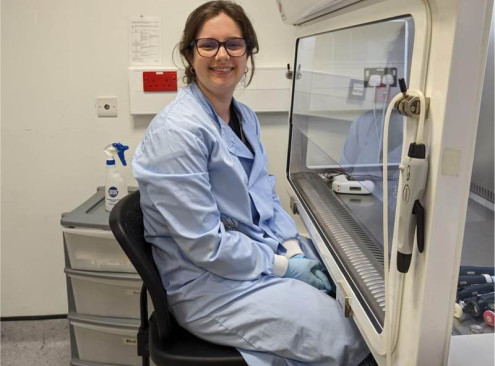
From Tumour to Treatment: How Cancer Biopsies Can be Transformed into Cell Therapies
Caitlin Waddell
(PhD Student)
Solid tumours are not just a collection of cancer cells. They can also contain a large community of cells of the immune system, the body’s defence against illness and disease.
T cells are part of the immune system and can infiltrate many different types of tumours.
Since the 1980s, it has been possible to selectively grow and multiply tumour infiltrating T cells from biopsies of patients’ tumours. These lab-grown T cells can be delivered back to the same patient as a personalised cell therapy, allowing millions of the patients’ own T cells to swamp and target their tumours. Unfortunately, we don’t fully understand why this strategy works well in some cancers but not others. Why do healthy immune cells turn against T cells and prevent them from killing cancer cells in the first place? By answering these questions, it might be possible to help to turn tumours into personalised treatments, providing a useful strategy for targeting cancer.
T cells are part of the immune system and can infiltrate many different types of tumours.
Since the 1980s, it has been possible to selectively grow and multiply tumour infiltrating T cells from biopsies of patients’ tumours. These lab-grown T cells can be delivered back to the same patient as a personalised cell therapy, allowing millions of the patients’ own T cells to swamp and target their tumours. Unfortunately, we don’t fully understand why this strategy works well in some cancers but not others. Why do healthy immune cells turn against T cells and prevent them from killing cancer cells in the first place? By answering these questions, it might be possible to help to turn tumours into personalised treatments, providing a useful strategy for targeting cancer.
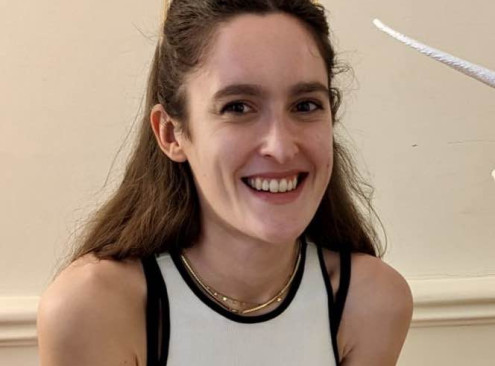
A Novel Pre-clinical Model of the Normal Human Breast
Anthony Wilby
(PhD Student)
Over 150 new breast cancer cases appear in the UK each day.
Many factors alter a woman’s exposure to the sex hormone, oestrogen, which is known to cause breast cancer. Women identified as being at high risk can be offered risk reducing treatments such as tamoxifen. However, these treatments are linked to several nasty side effects. The development of new effective therapeutic strategies is essential.
In our pre-clinical model, we utilise normal human breast tissue kindly donated from high-risk women enrolled in clinical trials or undergoing risk reducing mastectomies. The model has shown to accurately mimic the environment seen in the human breast tissue and is responsive to the oestrogen blocking drug fulvestrant.
We are now improving the confidence of this model by assessing gene expression and its ability to mimic clinical response seen in trials.
Many factors alter a woman’s exposure to the sex hormone, oestrogen, which is known to cause breast cancer. Women identified as being at high risk can be offered risk reducing treatments such as tamoxifen. However, these treatments are linked to several nasty side effects. The development of new effective therapeutic strategies is essential.
In our pre-clinical model, we utilise normal human breast tissue kindly donated from high-risk women enrolled in clinical trials or undergoing risk reducing mastectomies. The model has shown to accurately mimic the environment seen in the human breast tissue and is responsive to the oestrogen blocking drug fulvestrant.
We are now improving the confidence of this model by assessing gene expression and its ability to mimic clinical response seen in trials.
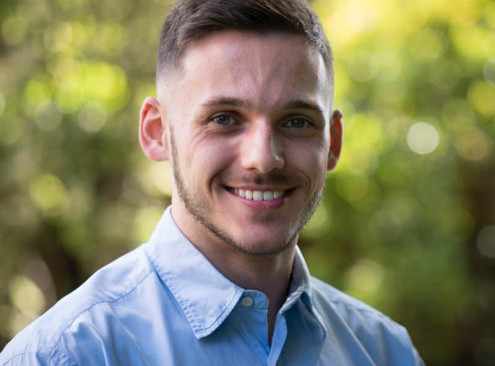
Map data © OpenStreetMap contributors.
Other The Font (Chorlton-cum-Hardy) events
2024-05-15
Flowing Forward
The Font (Chorlton-cum-Hardy)
The Font, 115-117 Manchester Road, Manchester, M21 9PG, United Kingdom
2024-05-13
The Human Senses
The Font (Chorlton-cum-Hardy)
The Font, 115-117 Manchester Road, Manchester, M21 9PG, United Kingdom


